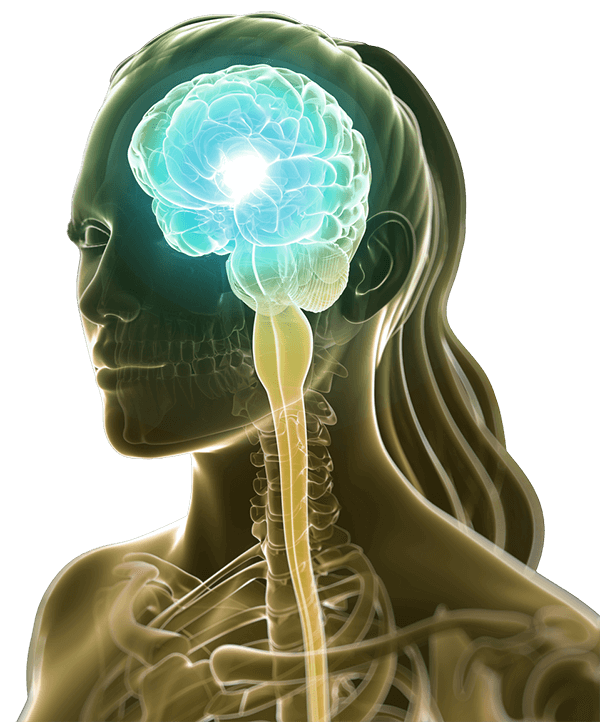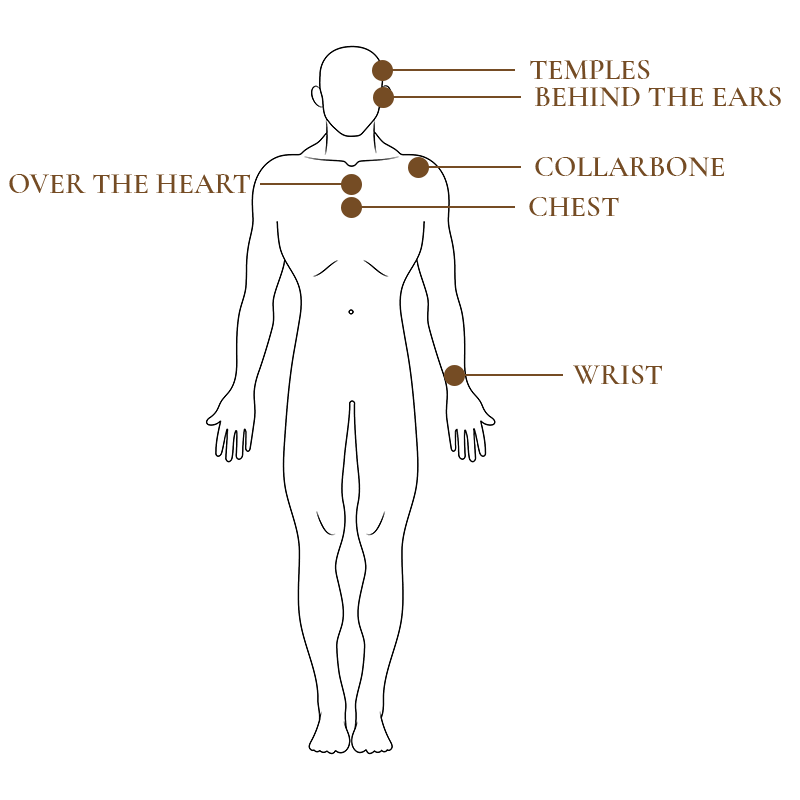Life's trials, whether emotional upheavals or physical strains, can leave indelible marks on the delicate framework of our nervous system. While external injuries often garner attention, it's vital to acknowledge the profound impact of internal battles like anxiety and stress.
Anxiety and stress aren't fleeting emotions; they're physiological reactions that can reshape the nervous system over time. Prolonged stress floods the brain with cortisol, a stress hormone that can impair cognitive abilities and shrink the hippocampus, crucial for memory and learning.
Moreover, anxiety disorders can disrupt neural pathways, leading to imbalances in neurotransmitter levels and triggering hyperactivity in the amygdala, the brain's fear center. This hyperactivity not only perpetuates anxiety but also compromises decision-making and emotional regulation.
In addition to internal struggles, external injuries pose a significant threat to nervous system health. Traumatic events such as accidents or sports-related incidents can result in structural damage and disrupt neural connections.
The consequences of such injuries vary, ranging from mild cognitive impairments to profound changes in personality and behavior. Severe cases may lead to long-term disabilities and affect overall quality of life.
Despite the challenges posed by nervous system disturbances, there is hope for restoration and resilience. Recent advances in neuroscience highlight the brain's remarkable plasticity, its ability to adapt and rewire, even in adversity.















































